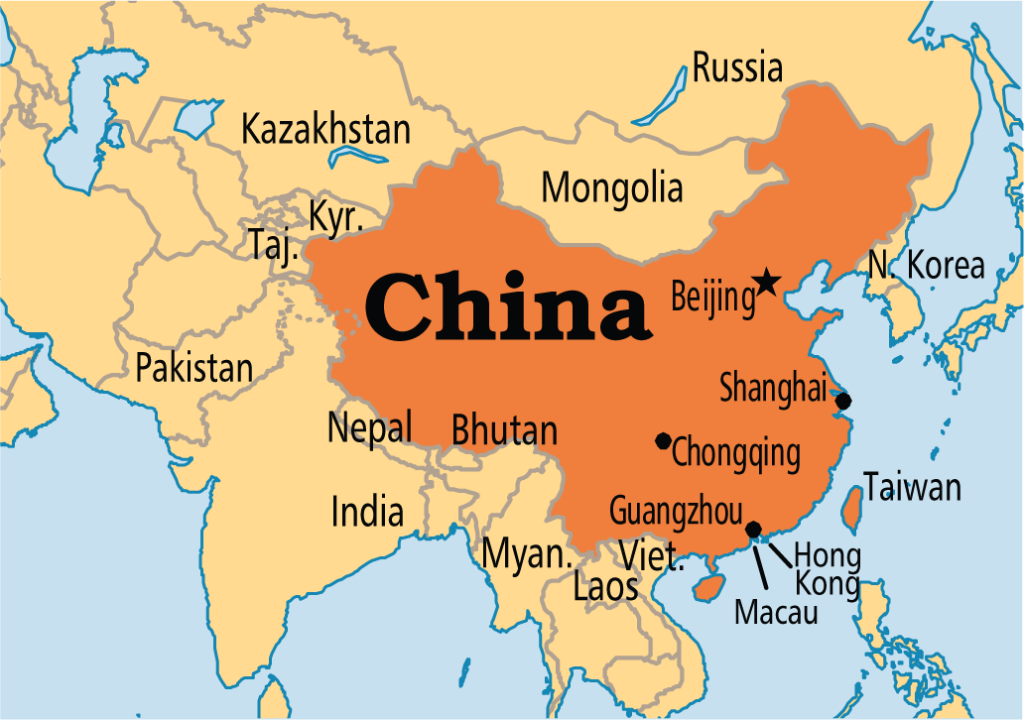Toward the end of August, we experienced an enormous drop in our stock market that surprised many Wall Street investors. But trouble had already been brewing in China throughout the summer. Considering that China is the second largest economy in the world, and their business activity accounted for 38 percent of the globe’s Gross Domestic Product (GDP), it’s no wonder that their economic troubles foreshadowed our own.
So what happened in China?
In the past year, the Shaghai Composite Index surged 150 percent. Its median stock valuation reached 108 times earnings, even though GDP growth was slowing and profits were shrinking. Meanwhile, the Chinese government has encouraged novice investors to participate in the market. The margin debt on the Chinese market quintupled over the 12 months preceding this summer, causing a surge in people buying stocks with borrowed money. But as prices fell, investors were forced to sell stocks to repay loans.
As investor confidence slumped, the Chinese government intervened by cutting interest rates, suspending IPOs to preserve liquidity, allowing citizens to use pensions to purchase stocks, and extending more loans for stock purchases. Major shareholders were banned from selling off their stocks for six months, and the government began to investigate short selling of stocks. The intention of these actions was to restore investor confidence in the market.
Investors were also limited by market rules in China. Once a stock’s share price rises or falls by more than 10 percent, its value is frozen for the rest of the day. Also, companies can apply for trading halts if they suspect their stock prices are about to fluctuate due to emerging news.
As the Chinese market hit its bottom on July 9, only about 3.2 percent of their stocks were trading freely. Some US-based money managers experienced difficulty executing necessary trades to keep their portfolios balanced, which led to problems here in the United States. Many foreign investors now feel hesitant about investing in the Chinese market, due to the country’s aggressive government intervention. The government, meanwhile, defends its policies, claiming they averted a widespread panic that could have resulted in an even worse situation.


Leave A Comment